ABNN's Statement on Continued Competency
The Accreditation Board for Specialty Nursing Certification (ABSNC) defines continuing competency as “the ongoing commitment of a registered nurse to integrate and apply the knowledge, skills, and judgment with the attitudes, values, and beliefs required to practice safely, effectively, and ethically in a designated role, patient population, and/or setting.” ABNN adopts this definition and believes that all ABNN Certificants should continue to expand on their knowledge through practice, continuing education, and/or professional development throughout their 5-year certification cycle. With the advancements of science and technology related to neuroscience changing over the years, the goal of ABNN’s recertification program is for certificants to demonstrate continued competency by meeting the one of three different recertification pathways as stated below. Recertification demonstrates an ABNN certified nurse’s commitment to patient care and dedication to life-long learning.
Recertify as a CNRN
CNRNs are eligible to renew their credential during the fifth year of their certification. The official expiration date of a CNRN certificate is December 31 of the fifth complete year after certification (e.g., CNRN certification initially earned in 2020 or recertified effective January 1, 2021, expire on December 31, 2025). The 5-year recertification period was chosen as advancements in science and technology related to neuroscience are generally stable over this time period. The recertification requirements direct specifically to the neuroscience population and coincide with the knowledge statements of the Job Analysis.
Those who wish to renew their credential may recertify by retaking the CNRN exam or by accumulating continuing education (CE) credits.
- Option 1 – 4,160 neuroscience nursing practice hours in the past 5 years (equivalent to 2 years full-time work) AND retaking/passing the certification exam.
- The practice requirement of direct or indirect neuroscience nursing facilitates the maintenance of current skills, and also promotes the acquisition of new skills through their exposure to the practice setting. The practice requirement of 2-years full time within the 5-year cycle takes into account the amount of time it will take a nurse to see a sufficient number and range of neuroscience patients as needed to remain competent as a CNRN. The work experience, study/preparation, and passing the exam will prove that the CNRN has maintained current knowledge and competence to be a CNRN.
- The practice requirement of direct or indirect neuroscience nursing facilitates the maintenance of current skills, and also promotes the acquisition of new skills through their exposure to the practice setting. The practice requirement of 2-years full time within the 5-year cycle takes into account the amount of time it will take a nurse to see a sufficient number and range of neuroscience patients as needed to remain competent as a CNRN. The work experience, study/preparation, and passing the exam will prove that the CNRN has maintained current knowledge and competence to be a CNRN.
- Option 2 – 4,160 neuroscience nursing practice hours in the past 5 years (equivalent to 2 years full-time work) AND 75 continuing education hours.
- CNRN recertification with continuing education in the different categories is based on a belief that practice in the neuroscience field, in conjunction with continuing education (CE) activities, contributes to the continued competency of RNs working in the neuroscience field. Recertification by CE is available to meet the needs of a diverse population of certificants so those that prefer to keep updated via educational programs (Category 1) may do so. This allows the nurse to stay current through evidence-based practice in the medicine and healthcare of their specialty area. The additional categories recognize that professional development and maintenance of leadership competencies may be accomplished in a variety of professional activities.
- CNRN recertification with continuing education in the different categories is based on a belief that practice in the neuroscience field, in conjunction with continuing education (CE) activities, contributes to the continued competency of RNs working in the neuroscience field. Recertification by CE is available to meet the needs of a diverse population of certificants so those that prefer to keep updated via educational programs (Category 1) may do so. This allows the nurse to stay current through evidence-based practice in the medicine and healthcare of their specialty area. The additional categories recognize that professional development and maintenance of leadership competencies may be accomplished in a variety of professional activities.
- Option 3 – 2,500 neuroscience nursing practice hours in the past 5 years (equivalent to 2 years part-time work) AND 100 continuing education hours.
- Candidates who are working part-time are required to earn additional CE to ensure that they are gaining additional training/education for experience and skills that they may not have received during their practice hours.
Download the recertification handbook
